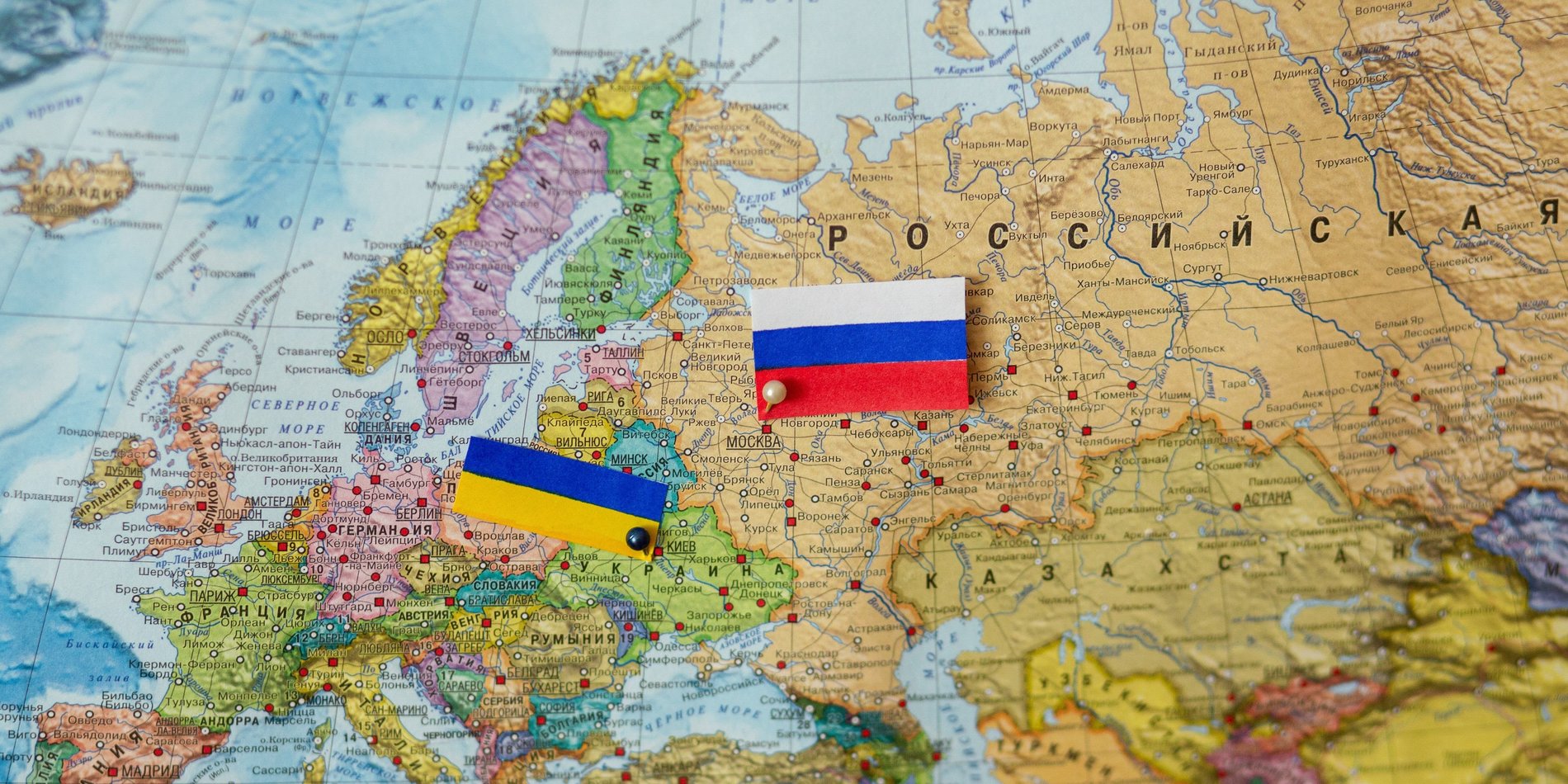Can we tell truth from fiction in the age of social media?
Is seeing still believing?
Can we still tell truth from fiction — and do we even care? Those questions may sound a bit Orwellian but were at the heart of a recent cross-disciplinary panel discussion at Stanford moderated by Janine Zacharia, a veteran journalist and lecturer in communication.
Sharad Goel, an assistant professor of management science and engineering, and Jeff Hancock, a professor of communication, both spoke about the changing nature of truth in the era of ubiquitous social media and widespread political and social polarization.
Goel, whose work focuses on the intersection of computer science, statistics and social science, said: “It’s easy to blame the internet but we’ve had filter bubbles and echo chambers forever. It’s misplaced to say the internet is the problem and all we have to do is fix it.”
Hancock, who is well known for his research on how people use technology to perpetrate deception, sounded an optimistic note, saying that society and technology can adapt successfully to change. “When spam took over our email boxes it felt like email was dead. But it isn’t. We are undergoing massive change in our information environment and it will take time to adjust. It will be painful, there will be mistakes and casualties, but humankind will adjust to the technologies we’ve created.”
Even so, certain emerging technologies make it difficult to discern truth from fiction. Asked if so-called deep fakes are a serious cause of concern, Goel replied: “Yes. This technology raises the cost of identifying the truth.” Deep fakes are videos that are convincingly altered to make it appear that individuals are saying or doing something entirely different from what they actually said or did.
Both speakers noted that while transparency is a virtue, it does not always result in more trust for an institution. Videos of police abusing or even killing civilians, for example, have resulted in less trust for them, while insights into abuse by Catholic priests and their superiors have undermined faith in the church.
Ultimately, though, society as a whole will benefit as the public learns how institutions are really functioning: “In the short term, [added transparency] is undermining our trust. In the long term, it is good to make those institutions realize they can’t hide the sausage making,” said Hancock.



